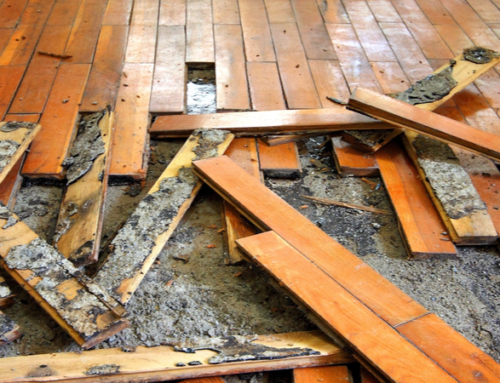Q: I sold my home in Vermont this past June (I now live in New Jersey) and since the closing that area has received tremendous amounts of rain. In fact, according to the National Weather Service, there have been 24-inches of rain, a record-breaking amount.
As a result, the new owners have had water in the finished basement. They claim we knew about the leaking in the basement because they discovered “staining” from where it had occurred before.
This is disturbing to us since we never had water in the basement in the eight years we lived there other than condensation on the pipes which would weep off onto the floor during hot humid weather. After wrapping the pipes in foam insulation and having air conditioning installed in the home, we never had that problem again. We did disclose this issue on the seller disclosure form.
I’m concerned about this however and don’t know what my next steps should be. Do you have any advice?
A: When it comes to proving disclosure fraud, the buyers have to prove that you knew or should have known about the problem. That’s a pretty high bar for them to cross.
To get there, the buyers have to find a “smoking gun,” of sorts. The evidence that you knew about the problem might include the testimony of neighbors who would testify that you complained to them regularly about water in the basement or who could provide the name of a plumbing company that made regular visits to help you out. Or, perhaps the buyers might find a plumbing company or some other sort of company that turns out to have been a company you hired in the past to correct massive flooding, and these companies can produce invoices for services rendered.
If you never had any flooding in the eight years you were there, then you probably don’t have to worry about someone finding some sort of proof that says otherwise. When you have a 100-year or 500-year water event, there will be some fallout. It is unlucky that the buyers experienced this right after moving in, but if this never happened on your watch, it’s hard to imagine how they’ll be able to pin this on you.
If the buyers pursue this, they’ll find their way to an attorney or to small claims court. Once that happens, you’ll need to find an attorney who can guide your response to their legal claims. Unfortunately, just because you’re not responsible, doesn’t mean you don’t have to defend yourself.




Leave A Comment